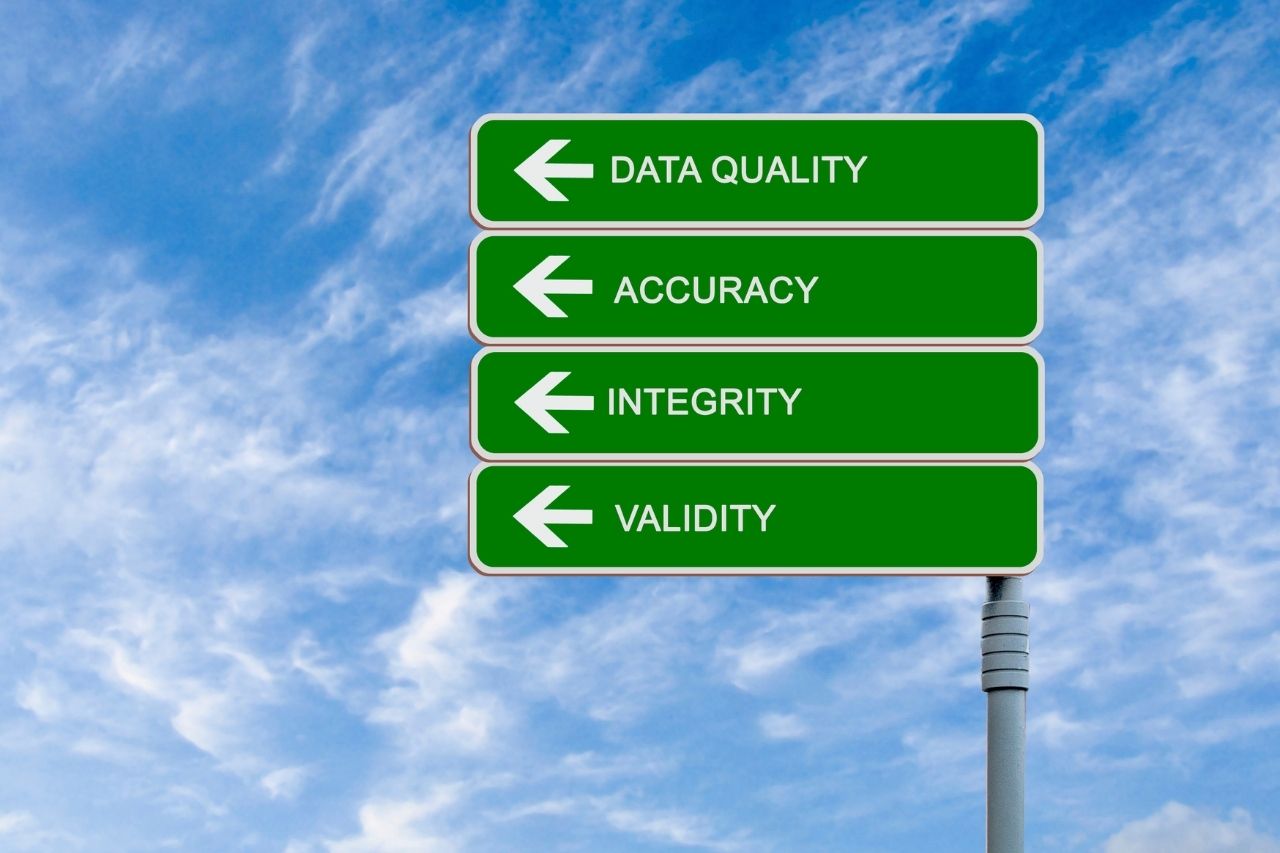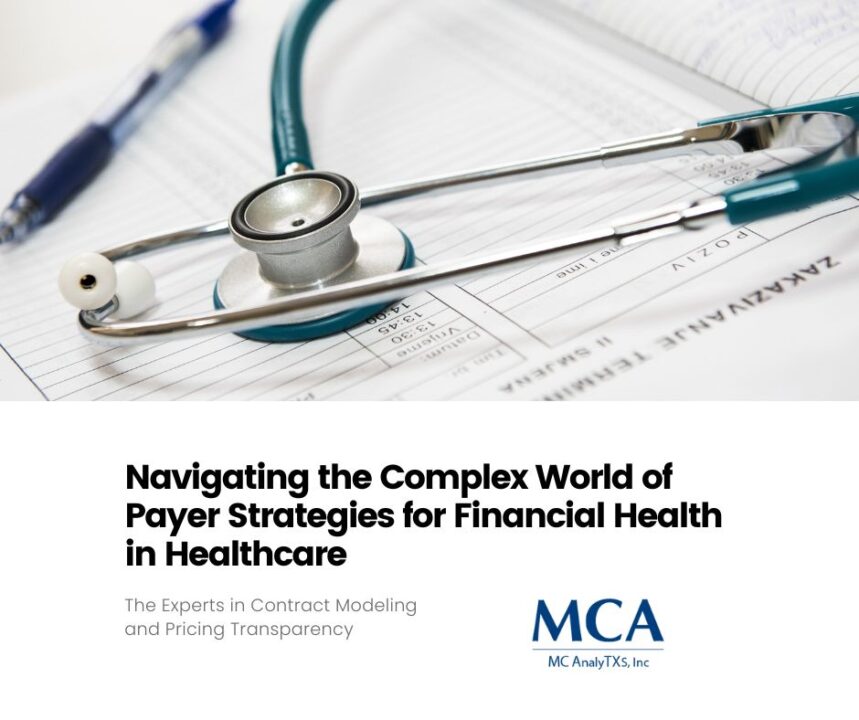
How Data Quality Affects Revenue Cycle Management
March 3, 2022
5 Priorities for Sustainable Healthcare Performance
May 16, 2022What is Data Quality and What Can it Do for Your Revenue Cycle Process?
Revenue cycle management refers to the processes, people, and software used by healthcare providers to capture monitor, and bill patients’ insurance companies for services rendered. One of the most important roles in this process is the data quality analyst who makes sure the database that stores patient information remains accurate at all times. Although this job can be frustrating, it’s also rewarding when you see the difference you make when your organization’s revenue cycle runs smoothly. Here are just some of the ways quality data reporting can affect your revenue cycle process.
Data Quality Basics
As healthcare processes become more technology-driven, both internal stakeholders, as well as third-party payers, are collecting data that needs to be reviewed and approved. Typically, some form of data quality control has been built into these systems. However, when a medical error occurs, a lack of strong quality control can result in financial damage due to delayed reimbursements or denied claims. In order to prevent inaccurate records from being entered into your revenue cycle process, here are some best practices for working with quality data.
Why does data quality matter in healthcare
The best healthcare providers make use of data quality services to streamline their revenue cycle process and ensure that they are getting paid in a timely manner. However, there are many other benefits to ensuring that your data is of high quality. Some hospitals have even reported an increase in profitability as a result of fixing errors in their database. You might also see an increase in patient satisfaction scores, which will help you attract new patients over time.
How Do You Define Data Quality?
For a business, having access to clean, structured data with good metadata is critical in optimizing its revenue cycle process. But what does clean data mean, exactly? And how can you tell if your organization’s data quality has gone from good to bad (or vice versa)? It’s more than simply creating a schema or working to provide users with flexibility—there are some qualitative standards that every organization should be striving for when analyzing and reporting on their patient care data.
3 Common Problems With Electronic Health Records (EHR) And Ways To Solve Them
Electronic health records are a great way to track patient history, but they’re not without their challenges. The most common EHR issues fall into three main categories: lack of interoperability, data quality issues, and miscommunication between stakeholders. Let’s take a look at these problems—and how we can solve them.
2 Common Problems With Data Validation And Ways To Solve Them
Validation errors happen when you’re copying data from one location to another. To ensure that validation checks are working properly, double-check your work by running a random sample of clean data through each one. If an error occurs, consult your IT department for help or ask them to show you how to use available software options. You should also report any errors on behalf of your patients so they can be taken care of before billing becomes an issue.
Improve Data Integrity
The quality of data can have a huge impact on an organization’s revenue cycle process. By investing in tools to ensure data integrity, organizations can improve their efficiency and maximize their returns. But how exactly can you define data quality? And what tools are out there to improve your organization’s data quality? Contact us to make sure your data is reliable.
Putting Data In Perspective For The Health Care Team
Now that you know what data quality management is all about, we want to give you a few reasons why data quality matters for health care professionals. Imagine working in a hospital where access to accurate medical records of your patients was readily available at all times. How much easier would it be to provide quality care when you know everything there is to know about your patient’s previous interactions with other health care providers?





